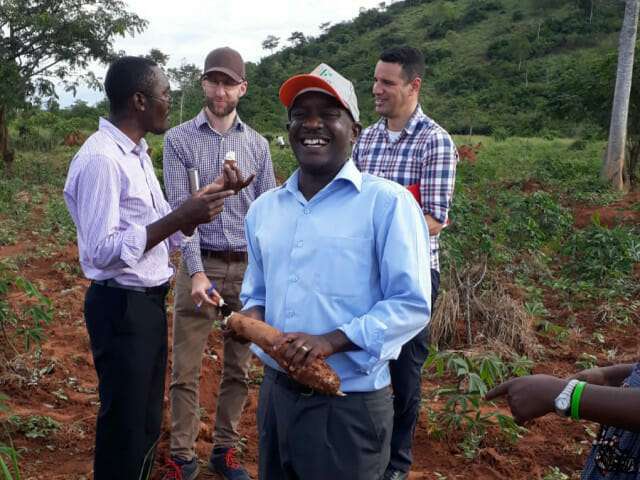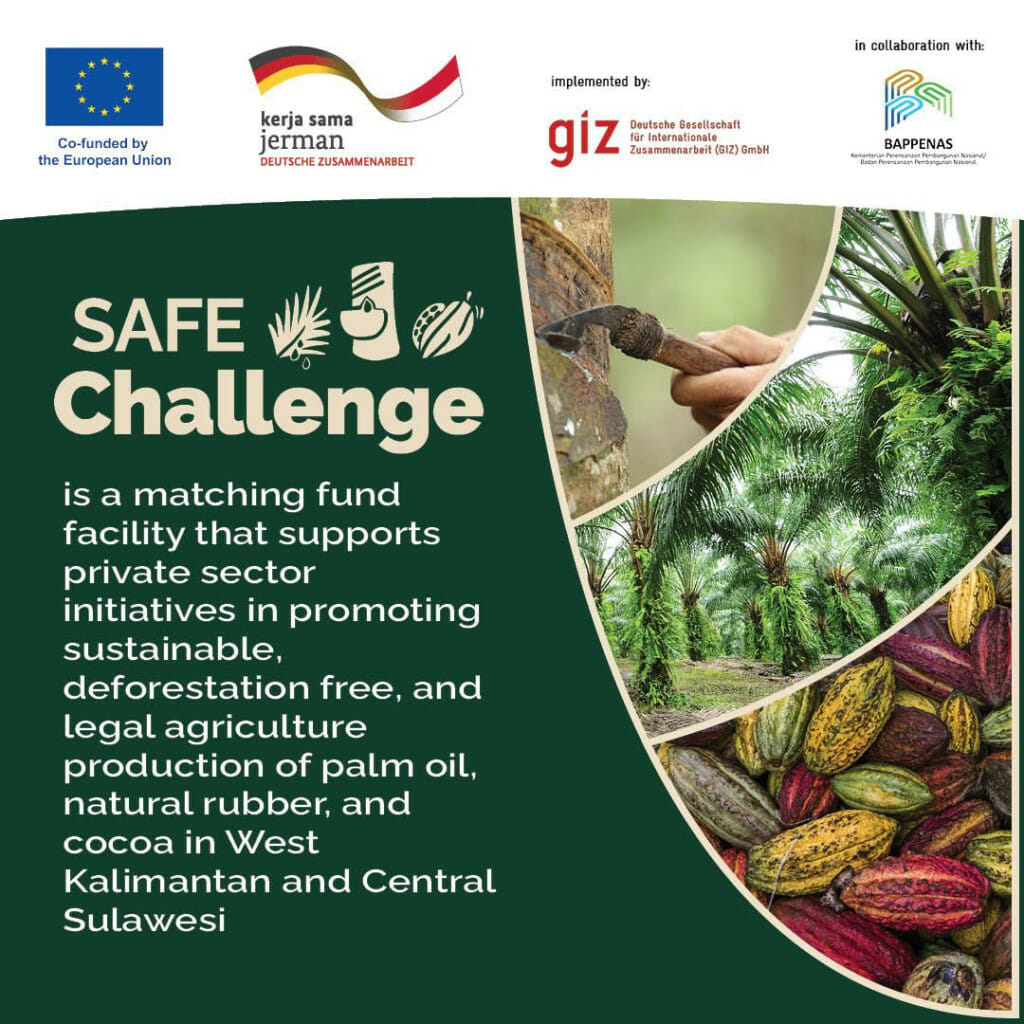Sustainability in Plants
How can we improve sustainability in plants? Start with a well-balanced breeding program. Sustainability is more than just reducing our carbon footprint. As an industry, we need to remember the importance of providing high-quality and nutritious food, while limiting the amount of pesticides and fertilizers farmers use.
Agriculture has the added challenge of needing to to reduce its impact while increasing production by at least 60% to feed the estimated 9.7 billion people in 2050.
What are we doing about it? AbacusBio works with companies to establish novel breeding programs that work to decrease the amount of fertilizers and pesticides, support pollinator populations, make plants heathier, and increase biodiversity in farmers fields.
“We are entering a phase where an increasing share of the global population realise that the world’s environment is not just someone else’s problem for someone else to solve.”- Peter Amer

The UK team joined a sustainability project organized by The University of Edinburgh
Food for Thought
- Check out this article from Nature.com: Food system actor perspectives on future-proofing European food systems through plant breeding. The analysis of a survey targeting European consumers, farmers and AG industry representatives regarding sustainability. Read more
- Agricultural Research across the globe is dominated by high and middle income countries with a growing share of the investment from the private sector. Read more
- In case you missed it – Read Peter Amer’s LinkedIn post on global warming.
- One of the sessions during the ICAR Annual Conference in Toledo this year embraced the Brian Wickham Young Persons Exchange Programme (BWYPEX), where Caeli Richardson presented on “Connecting industry, research and farmers to tackle sustainability: feed efficiency and methane in the spotlight.” Read the published paper here
- In 2022, the European Commission adopted its proposal for a new Regulation on the sustainable use of Plant Protection Products (SUR). The rules encourage reducing pesticides through integrated pest management and alternatives to chemical pesticides: Report
News Updates
– MapNet 2023 Conference will be held in November 22–24 in Dunedin.
– Kathryn Grant was invited to give a seminar to the Bayer Crop Science Precision Breeding Academy, alongside Ally Fikas.
Kathryn introduced the basic concepts behind selection indexes and how the collaboration is developing selection indexes to help make breeding decisions.
INTERNSHIPS
– Applications have closed for the Dunedin Summer programme and interviews are underway
– Watch our developer Jamie’s experience here:
Case Studies
AbacusBio has partnered with several organizations in developing countries, offering expertise on trait prioritization, bioeconomic valuation, and product profile development for staple food crops.
This includes work with the International Rice Research Institute (IRRI), and the Tanzanian Agricultural Research Institute (TARI) to understand rice stakeholder prioritization and conduct bio-economic modelling. We have also collaborated with the NextGen Cassava breeding project led by Cornell University, the International Institute of Tropical Agriculture (IITA), and CGIAR, a global partnership connecting international organizations engaged in food security and research

New Canada office news



Natalie and Martin Howes have just relocated from Dunedin to Edmonton to jumpstart the Canadian office with John Crowley
Safe Challenge
This is your chance to take part in upgrading supply chains in West Kalimantan and Central Sulawesi to meet EUDR requirements, strengthening company reputation, export competitiveness, and long-term trade relationships with the EU market.
????SAFE Challenge Deadline Extended till 17th September! Read more
